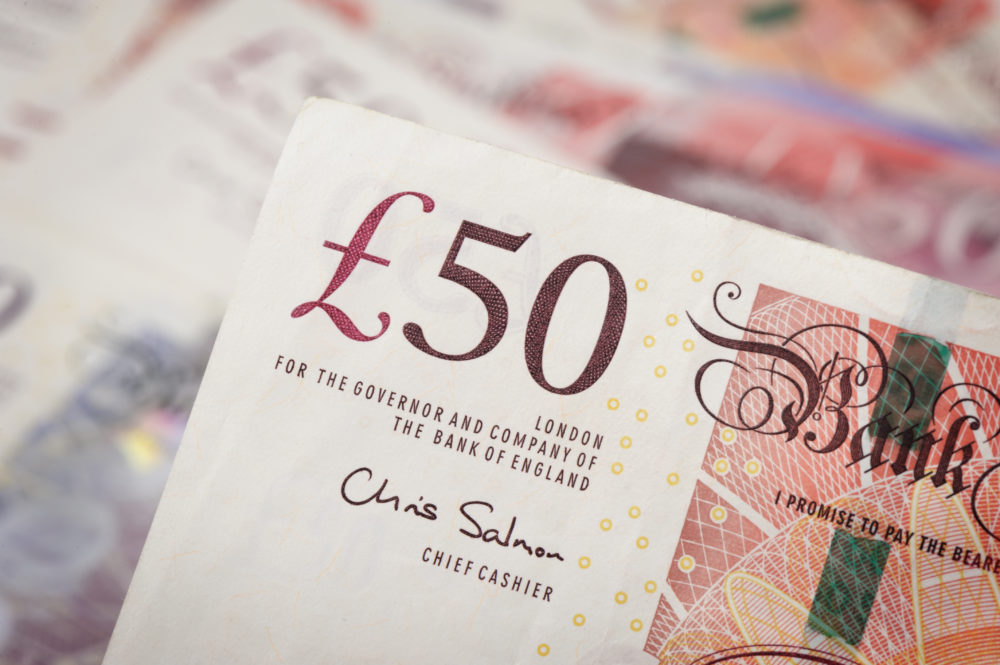If you left it until the last minute before tackling your self-assessment tax return, it’s highly likely that you found yourself very stressed during the lead up to the January 31st deadline.
You’re not alone, either. Every year HMRC estimates that around one million people miss the deadline completely while many more end up filing their returns during the last few days of January. So how can you avoid falling into the same trap when your next tax return is due?
Collect and file everything as it arrives
A last-minute dash to do your tax return often means frantically scrabbling around searching for a vital receipt or bank statement. But you can easily avoid this problem by setting up a file to keep your paperwork in for your tax return and keeping it updated throughout the year.
As each different piece of important paperwork arrives, put it in your file ready for when you come to prepare your tax return. For example, your bank should send you a bank interest certificate showing the interest they’ve paid you on your account, and tax they’ve taken off, soon after the end of the tax year, 5th April. If you have a job, your employer will give you a P60, and P11D if you need one, by the end of May.
Keep on top of your books
It’s never a good idea to leave your bookkeeping until the last minute – unless, of course, you want to spend next January looking through all of your expense receipts and bank statements trying desperately to work out how much money you’ve made and how much tax you owe.
Instead, try to make tasks like invoicing, managing expenses and forecasting your tax an integral, but manageable, part of your working life. An effective bookkeeping system can take as little as an hour a week, which you can use to look at your current financial position, create, send and chase invoices and log your most recent expenses. That way, you’ll always have timely, accurate information about your business’s cash flow and ensure that “bookkeeping” never becomes too gargantuan a task.
Streamline your bookkeeping
Some micro business owners find they can manage all of their financial data through a simple spreadsheet, but that’s not necessarily the most effective option for everyone. So if you’re finding it a chore to wrestle with your figures in an Excel document, perhaps you could look for other tools to streamline as many of the processes as possible.
For example, could you benefit from dedicated invoicing or accounting software? Some systems enable you to feed bank transactions into your accounts automatically, track expenses on the go using your smartphone, send your invoices by email and automatically chase up late payments. And some can also forecast the amount of tax you owe and even help you file your tax return! For the price of a monthly subscription fee or a one-off upfront cost, you could save yourself hours of wasted admin time in the long run.
Look for an accountant early
Unless your business is very small and does not have a lot of financial data or complex tax affairs to deal with, it’s a good idea to work with a professional accountant who can help steer you clear of any tax pitfalls that could potentially trip you up. But don’t wait until the end of the year to look for one – get in early so you’re all set by the time Self Assessment season rolls around again.
Remember that ultimately it is your business you need help with, and you are responsible for it to HMRC, so it’s important to take the time to find the right accountant who can explain things to you in plain English and make sure that you pay the right amount of tax. If you establish a good relationship with your accountant earlier in the year, you’ll be in a better position to work with them when your tax is due.
Don’t wait to file
You can’t file your tax return for 2016/17 until after 5th April 2017 (the end of the tax year) – but it’s a good idea to file it as soon as you can after that date, once all your paperwork has arrived. This means you’ll have one less job to worry about and can concentrate on running your business.
It’s also potentially good news from a tax point of view, because if your tax and class 4 NI liability for 2016/17 is less than your liability for 2015/16 was, then you may be able to reduce your 31st July 2017 payment on account. Also, if you’re due money back from HMRC, the sooner you file your tax return, the sooner they will repay that to you!
Talk to your accountant and make sure all of your financial information is correct and ready, so you can complete and file your tax return quickly. That way you’ll be able to enjoy next January without having to face another last-minute Self Assessment panic.
Emily Coltman is chief accountant at FreeAgent.





